The views expressed in our content reflect individual perspectives and do not represent the authoritative views of the Baha'i Faith.
Years ago, at a fireside chat at my home, a man joked, “The funny thing about humility is that once you know you have it, you’ve lost it again!” I laughed at his joke, understanding how true his statement was.
Thankfully, we can look to the example of a man who stayed humble his entire life — Abdu’l-Baha. Translated, Abdu’l-Baha means “servant of Baha” or “servant of the glory.” He is the son of Baha’u’llah — the prophet and founder of the Baha’i Faith — and is regarded as the perfect exemplar of the Baha’i teachings in action.
RELATED: What Does Loving-Kindness Look Like in Action?
When Abdu’l-Baha was asked what a Baha’i was, he replied:
To be a Bahá’í simply means to love all the world; to love humanity and try to serve it; to work for universal peace and universal brotherhood.
I hope you are all inspired by the lessons we can learn from the following stories about this humble servant to humanity.
Lesson in Humility 1: We Shouldn’t Glorify Ourselves in Our Titles
In her book, “Vignettes from the Life of ‘Abdu’l-Baha,” Annamarie Honnold wrote:
During World War I when a blockade threatened the lives of many civilians in Haifa, ‘Abdu’l-Baha saved them from starvation. ‘He personally organized extensive agricultural operations near Tiberias, thus securing a great supply of wheat…’
Food was stored in underground pits and elsewhere. This He distributed to inhabitants, regardless of religion or nationality. The food was systematically rationed. Having started His preparations as early as 1912, He averted tragedy in the dark days of 1917 and 1918.
At the end of the war, British authorities wanted to express their appreciation for the role that Abdu’l-Baha played in averting famine amongst the oppressed inhabitants in Haifa, a city located in present-day Israel, and knighted him on April 27, 1920 at the British governor’s residence in Haifa.
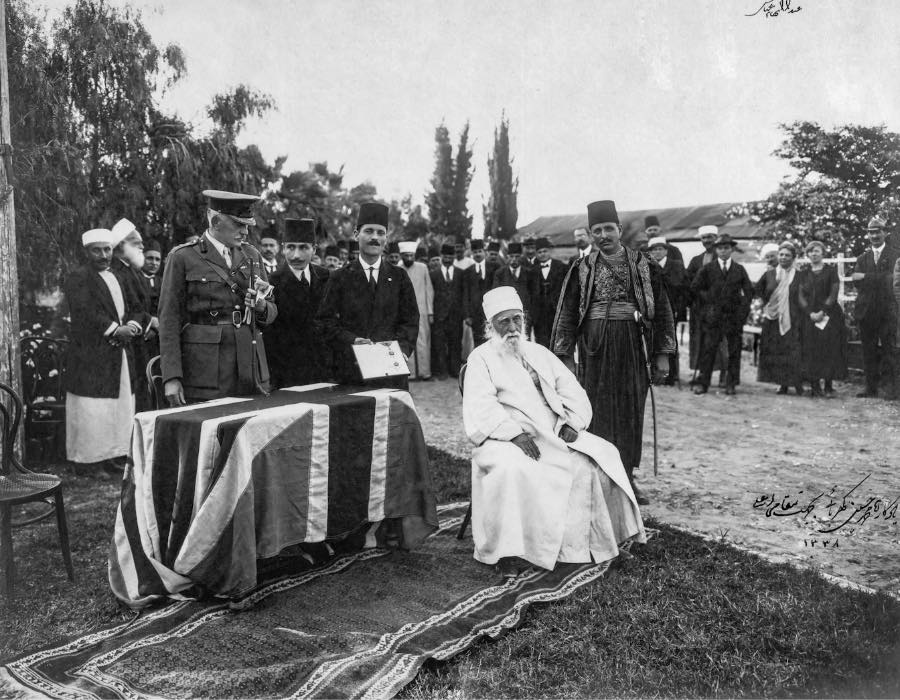
Although Abdu’l-Baha accepted the knighthood, he didn’t ride in the elegant car that they sent to bring him to the residence, nor did he use his title, “Sir ‘Abdu’l-Baha Abbas, K.B.E.” He said:
My name is ‘Abdu’l-Baha. My qualification is ‘Abdu’l-Baha. My reality is ‘Abdu’l-Baha. My praise is ‘Abdu’l-Baha. Thraldom to the Blessed Perfection is my glorious and refulgent diadem, and servitude to all the human race my perpetual religion…
No name, no title, no mention, no commendation have I, nor will ever have, except ‘Abdu’l-Baha. This is my longing. This is my greatest yearning. This is my eternal life. This is my everlasting glory.
Lesson in Humility 2: We Should Prioritize the Comfort of Others
Howard Colby Ives, an early American Baha’i, recalled, “one meal, at which ‘Abdu’l-Baha served me with His own hands most bountifully, urging me to ‘eat, eat, be happy.’ He Himself did not eat but paced regally around the table, talking, smiling, serving.”
Later, he wrote, “He has been known to go into the kitchen and prepare a meal for His guests. He never failed in such small attentions as seeing that the room where His visitors were entertained contained every possible comfort, though He paid no attention to His own comfort. His response when He was at one time asked to act as honorary chairman of a Baha’i Assembly was simply, ‘Abdu’l-Baha is a servant.’”
Abdu’l-Baha understood the importance of hospitality and also advised other hosts to serve their guests themselves. He said:
My home is the home of peace. My home is the home of joy and delight. My home is the home of laughter and exultation. Whosoever enters through the portals of this home, must go out with gladsome heart.
After Howard met Abdu’l-Baha in 1912, Howard said, “It seemed as though never before had anyone really seen me. I felt a sense of gladness that I at last was at home…”
Lesson in Humility 3: We Should Show Reverence for the Manifestations of God
Baha’is believe that God made humanity a promise that He will never leave us without guidance. So, throughout the ages, God sent different Manifestations of God, or prophets, to reveal His teachings to humanity. Baha’is respect and revere all of these divine messengers, including Abraham, Zoroaster, Moses, the Buddha, Krishna, Jesus Christ, Muhammad, the Bab, and Baha‘u’llah.
Abdu’l-Baha showed extreme reverence for all the Manifestations of God. When he would visit Baha’u’llah once a week when Baha’u’llah lived in Bahjí and Abdu’l-Baha lived in ‘Akká, he would walk for the entire journey. When he was asked why he did not ride to Bahjí, Abdu’l-Baha said, “…who am I that I should ride where the Lord Christ walked?”
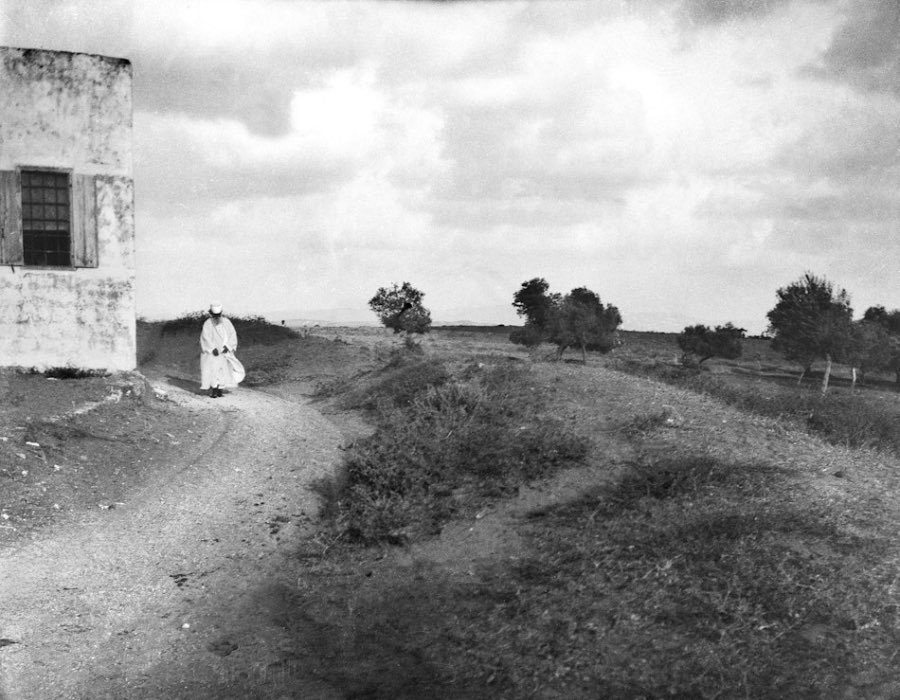
Lesson in Humility 4: We Shouldn’t Try to Impress Each Other
When the Baha’is met to form their first Local Spiritual Assembly in New York City, Loulie Mathews, one of the Baha’is present at the meeting, shared that “they had very little idea of how to proceed. Anxious to impress each other they first sat stiffly along the wall.”
Soon, the doorbell rang and they received a cablegram from Abdu’l-Baha. It stated: “Read Matthew, Chapter 19, Verse 30.” Once they found that page in the Bible, they read the verse: “But many that are first shall be last; and the last shall be first.”
Loulie recalled, “Presto, we became as humble as mice — afraid lest that last place should be ours! ‘Abdu’l-Bahá gave us a wonderful lesson that evening! If we went away without too much knowledge of how to form an Assembly, we learned a lesson in how to become Bahá’ís. Bathed in the aura of humility the Assembly came into being.’”
At a gathering with Baha’is in Philadelphia about the Nineteen-Day Feast that is held at the beginning of every Baha’i month, Abdu’l-Baha said:
Each one of you must think how to make happy and pleased the other members of your Assembly, and each one must consider all those who are present as better and greater than himself, and each one must consider himself less than the rest.
Know their station as high, and think of your own station as low. Should you act and live according to these behests, know verily, of a certainty, that that Feast is the Heavenly Food. That Supper is the ‘Lord’s Supper’! I am the Servant of that gathering.
Lesson in Humility 5: We Should Avoid Unnecessary Fanfare
Although Abdu’l-Baha was one of the central figures of the Baha’i Faith, he avoided unnecessary fanfare and forbade visitors to fall at his feet.
Annamarie Honnold wrote, “Once, wealthy visitors from the West planned an elaborate pre-meal, hand-washing scene for Him — it included a page boy, a clean bowl with ‘crystal water’ and even a scented towel!”
When Abdu’l-Baha saw the visitors walking toward the lawn, he hurried to wash his hands as usual in a water-trough — a long, narrow lidless container that held water for livestock. He wanted his guests to enjoy the elaborate hand-washing preparations instead.
Lesson in Humility 6: We Shouldn’t Argue
Abdu’l-Baha wrote:
If two souls quarrel and contend about a question of the divine questions, differing and disputing, both are wrong. The wisdom of this incontrovertible law of God is this: That between two souls from amongst the believers of God, no contention and dispute may arise; that they may speak with each other with infinite amity and love.
Whenever Abdu’l-Baha shared the unifying messages of the Baha’i Faith with people, he never argued or told the other person that they were wrong.
Howard Ives wrote:
In all of my many opportunities of meeting, of listening to and talking with ‘Abdu’l-Bahá I was impressed, and constantly more deeply impressed, with His method of teaching souls. …He never argued, of course. Nor did He press a point. He left one free. There was never an assumption of authority, rather He was ever the personification of humility. He taught ‘as if offering a gift to a king.’
He never told me what I should do, beyond suggesting that what I was doing was right. Nor did He ever tell me what I should believe. He made Truth and Love so beautiful and royal that the heart perforce did reverence. He showed me by His voice, manner, bearing, smile, how I should be, knowing that out of the pure soil of being the good fruit of deeds and words would surely spring.
Lesson in Humility 7: We Should Understand That Humility Is a Strength
A child once asked Abdu’l-Baha why all the rivers flow into the ocean. His response was “because it [the ocean] sets itself lower than them all and so draws them to itself.”
When we practice humility, we only gain a greater awareness and understanding from the beautiful souls around us. Modesty and meekness can never detract from our worth and value. On the contrary, a humble posture only brings greater bounties and blessings. The ocean is vast, limitless, and powerful because of its lowliness to all the rivers that eventually flow into it.
These stories about humility help us understand that humility is a strength, not a weakness. May these stories about Abdu’l-Baha’s humility help us all strive to emulate the exalted standard of this devoted servant to humanity.


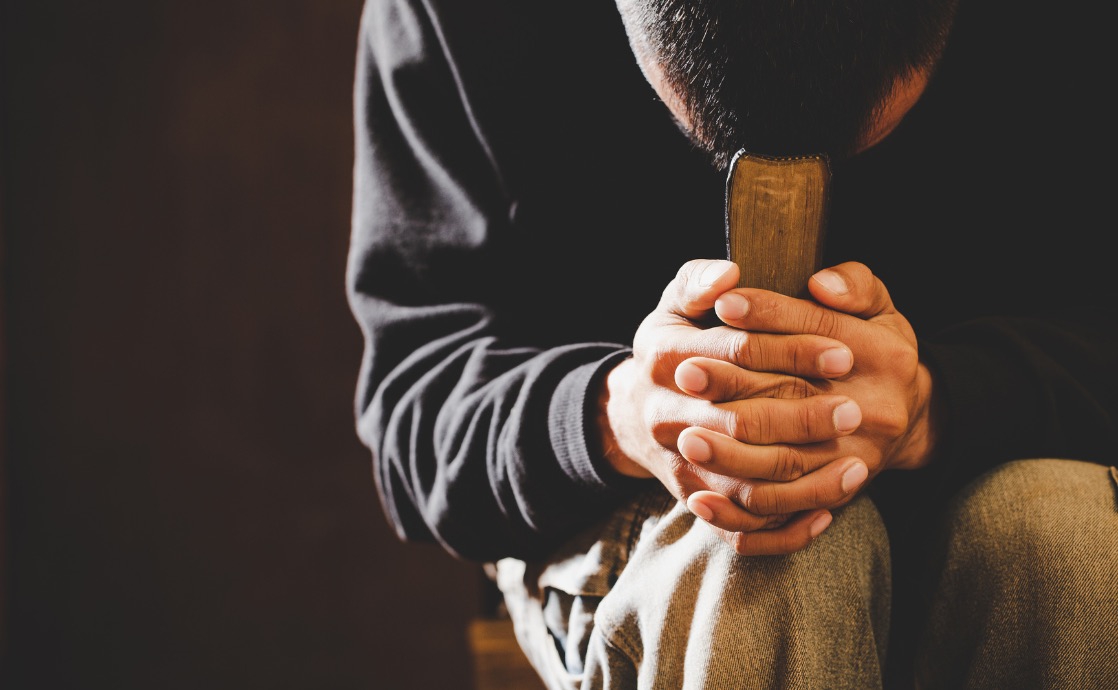

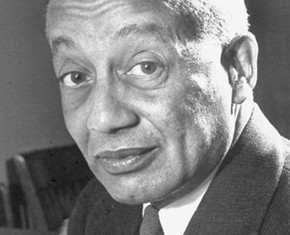

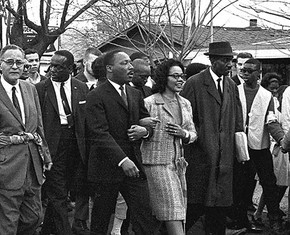









Comments
Sign in or create an account
Continue with Googleor